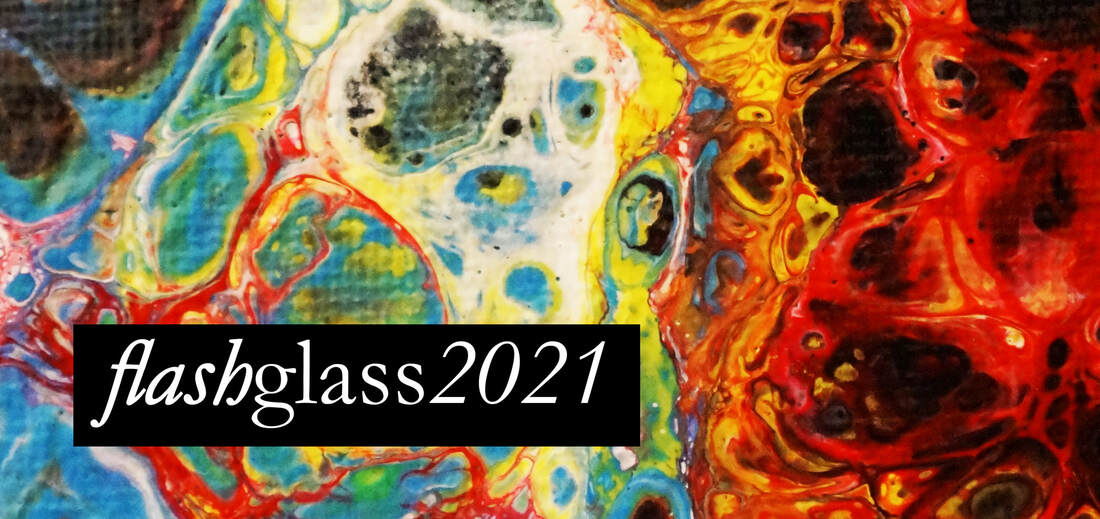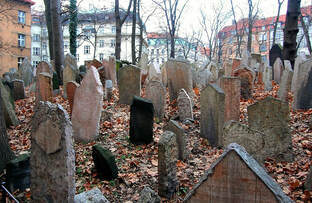By the time we reached his room, he had returned to life, and so we stepped back from the wobbly bridge and waited. I wanted to ask him, “What was it like to be dead?” but I didn’t. Perhaps he wouldn’t have known because those brief moments of lifelessness had been a rehearsal. He was moved to ICU where my mother, my sister and I sat stoically waiting for the few minutes twice a day when we could visit him. I suppose we could have done something else taken a walk, taken a break—but we stayed in place, planted there like the spring flowers blooming in the yards outside, but without their colors. I missed him already. He was my hero, my cheerleader, my confidante. I pictured the breakfast room table with an empty chair where he always sat. What would I do without my Daddy? ~ My mind flashed back to my childhood on Yom Kippur, the Day of Atonement. I was ten years old. It was late morning, time for the Yizkor service, when Jews remember the dead. My mother looked around nervously and shooed me out. Children did not attend Yizkor services. I scurried out of the sanctuary and hurried downstairs where other kids and adults who had not lost family members were gathered. I wondered about the mysterious ritual going on upstairs. I could easily have found out because the service was in the prayer book, but I never looked, even at the first line. I didn’t really want to know. Knowing might have been bad luck. My friends and I went outside until it was safe to go back upstairs. ~ Visitation time for ICU patients came and I tucked my childhood memory out of my mind and followed my mother and sister into Daddy’s cubicle. “Where have you all been?” he asked. Those were the last words I heard him say. The next day Mother left to get her hair done. So she could escape? Or so she would look nice for the funeral? Who knew? On day three the doctor said my father’s kidneys were failing. “We can move him out of ICU so you can be with him.” My mother shook her head no. He died alone. It happened that night. I went in to see him for the last time. I don’t know where Mother was but I know she wasn’t with me when I whispered my goodbye. My sister had gone home to rest. I called and told her he was gone and then I waited in the hallway for her to appear. When she rounded the corner and walked toward me, I watched her take her first steps on the bridge I had already crossed. Together we would grieve, and together we would help our mother maneuver the rocky road she would have to travel without our dad. That year, 1987, on the day of Yom Kippur, my sister and I said Yizkor for the first time. Afterward, we visited our father’s grave. In accordance with Jewish custom, we each left a rock on top of the stone to show that we had been there and that, for us, his memory was a blessing. Thelma Zirkelbach has published micro essays, prose poetry, personal essays, memoir and romantic suspense. She enjoys writing short pieces that reflect her life. A native Texan, she lives in Houston.
1 Comment
|
FLASH GLASS: A MONTHLY PUBLICATION OF FLASH FICTION, PROSE POETRY, & MICRO ESSAYSCategories
All
COVER IMAGE:
|
|
Glassworks is a publication of Rowan University's Master of Arts in Writing 260 Victoria Street • Glassboro, New Jersey 08028 [email protected] |
All Content on this Site (c) 2024 Glassworks
|



 RSS Feed
RSS Feed
